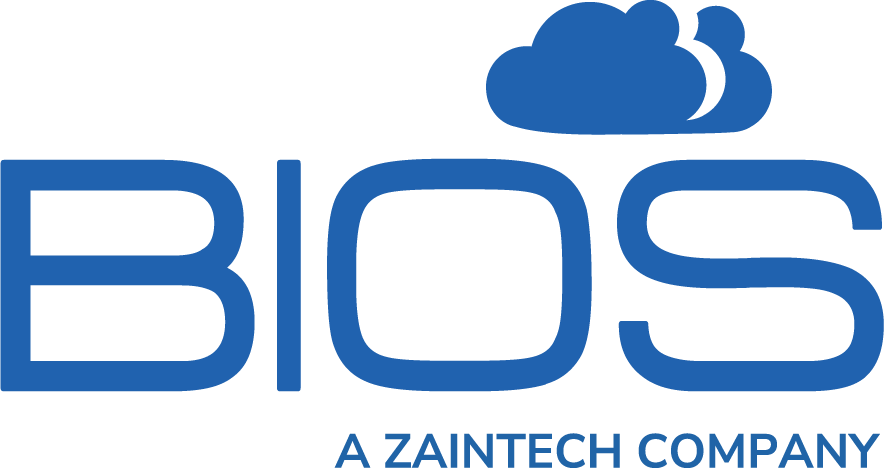 Businesses have faced huge challenges and have undergone an incredible amount of change over the past few years, and this won’t slow down in 2023. Each year brings forth the opportunity to enhance your business operations and reduce your overall IT spend. In 2023, one trend that has been gaining a lot of attention is the growth of cloud adoption to perform AI and ML operations. These technologies are being used to automate a wide range of tasks, including data analysis, language translation, and image recognition. In fact, by the end of this year, 31% of organizations expect to run 75% of their workloads in the cloud.
Businesses have faced huge challenges and have undergone an incredible amount of change over the past few years, and this won’t slow down in 2023. Each year brings forth the opportunity to enhance your business operations and reduce your overall IT spend. In 2023, one trend that has been gaining a lot of attention is the growth of cloud adoption to perform AI and ML operations. These technologies are being used to automate a wide range of tasks, including data analysis, language translation, and image recognition. In fact, by the end of this year, 31% of organizations expect to run 75% of their workloads in the cloud.
Let’s find out which three crucial IT changes you need to embrace quickly to improve your business in 2023. 3 IT changes to improve business in 2023
- Cyber security improvements: Cyber security threats are constantly evolving, so it's important to stay up to date with the latest best practices and technologies. There are many cyber security measures that businesses can take to improve their security and protect against threats.
- Implement strong passwords and two-factor authentication: Strong passwords and two-factor authentication can help prevent unauthorized access to accounts and systems.
- Keep software and systems up to date: Regularly installing updates and patches can help fix known vulnerabilities and prevent attacks.
- Train employees on cybersecurity: Educating employees about best practices, such as not clicking on suspicious links or sharing sensitive information, can help prevent successful attacks.
- Implement network segmentation: Dividing a network into smaller segments can help prevent the spread of an attack and make it easier to identify the source of an issue.
- Regularly back up data: Regularly backing up important data can help ensure that it is not lost in the event of an attack or other disaster. You can even take advantage of secure and reliable Disaster Recovery as a Service from BIOS. Learn more about DRaaS here.
Simply moving to the cloud is also a reliable way to protect your organization from potential threats. Cloud providers often have more resources and expertise to invest in security measures, such as network security and data encryption, than many businesses. Moreover, there is a reduced risk of data loss as cloud providers often have multiple copies of data stored in different locations. You get fine-grained access controls, which can help prevent unauthorized access to data. BIOS’ very own cloud, CloudHPT, GCC’s first regional cloud even offers compliance certifications, such as HIPAA for healthcare data, which can help you meet regulatory requirements.
- Reducing IT rational spends: Considering the upcoming recession this year, it is of utmost importance that you pay attention to where your business is spending money. This year, your focus must lie on using cost-effective solutions and eliminating unnecessary expenses to operate more efficiently and survive the recession. You can reduce your IT spend by:
- Using cost-effective solutions: Look for cost-effective solutions that meet your needs, such as open-source software or hardware that has a good price-to-performance ratio.
- Leveraging the cloud: Moving to the cloud can help reduce IT costs by allowing you to pay only for the resources you use, rather than investing in on-premises hardware and software. It’s best to first determine your Cloud TCO (Total Cost of Ownership) to ensure that you do not end up paying for more resources than you need.
- Automating processes: Automating tasks with the help of AI and ML can help reduce the need for manual labor, which can save time and money.
- Consolidating IT systems: Consolidating systems and eliminating redundancies can help reduce maintenance and support costs.
That being said, it's important to find the right balance between reducing IT spend and ensuring that the business has the resources it needs to operate effectively. Skimping on necessary IT investments can lead to problems in the long run, such as decreased productivity or security vulnerabilities.
- Embracing a multi-cloud strategy: This can have several benefits for businesses:
- Increased flexibility: Using multiple cloud providers can give businesses more options and allow them to choose the best solution for each specific need, rather than being tied to a single provider.
- Improved reliability: By using multiple cloud providers, businesses can reduce the risk of downtime due to outages or other issues with a single provider.
- Better performance: Different cloud providers may have different strengths and weaknesses and using multiple providers can allow businesses to take advantage of the best performance for each specific workload.
- Greater control: A multi-cloud strategy can give businesses more control over their IT infrastructure, as they are not reliant on a single provider.
That said, implementing a multi-cloud strategy can also be more complex and require additional resources and expertise. It's important to carefully evaluate the needs of your business and determine if a multi-cloud approach is the right fit. BIOS’ guide on multi-cloud might help you understand how you can see, manage, and provision workloads across multiple clouds.
BIOS Multi-Cloud: Improved cyber security, reduced IT spends, and better performance
No two clouds are the same. Different clouds come with different benefits that suit different workloads and business outcomes. Now you can take advantage of the right cloud for the right situation with BIOS Multi-Cloud.
At the core of BIOS Multi-Cloud is a single pane of glass from which you can see, manage, and provision workloads across multiple clouds. In addition, it is possible to customize catalogs for governance and see billing across multiple clouds (such as CloudHPT, AWS, Azure).
To get more insights into how we have helped businesses accomplish enhanced business and IT operations, book a demo with us today!

